lessons learned: Strengthen the organisation, increase the impact
As a goal-oriented foundation with a clear mission and theory of change, there is a natural desire for us to invest in initiatives that are time-bound with clear objectives and compelling, reportable results. But to amplify our impact, we need to go further.
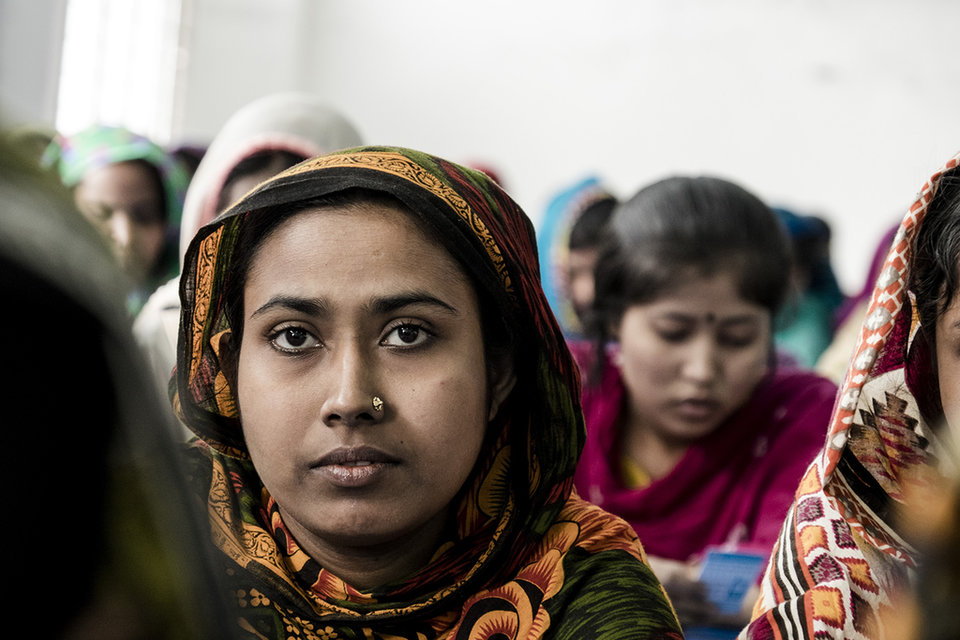
Our contribution needs to be greater than the sum of its parts. So we need to fund activities that both contribute to our goal and enhance the organisation leading them. We need to strengthen grassroots movements, so they can thrive on their own. We need to build civil society in this sector so it’s stronger than when we first came along.
Investment in an organisation’s core capabilities like leadership, strategy, planning and communications is fundamental to this work. Support like this builds strong organisations that will be more effective in creating impact.
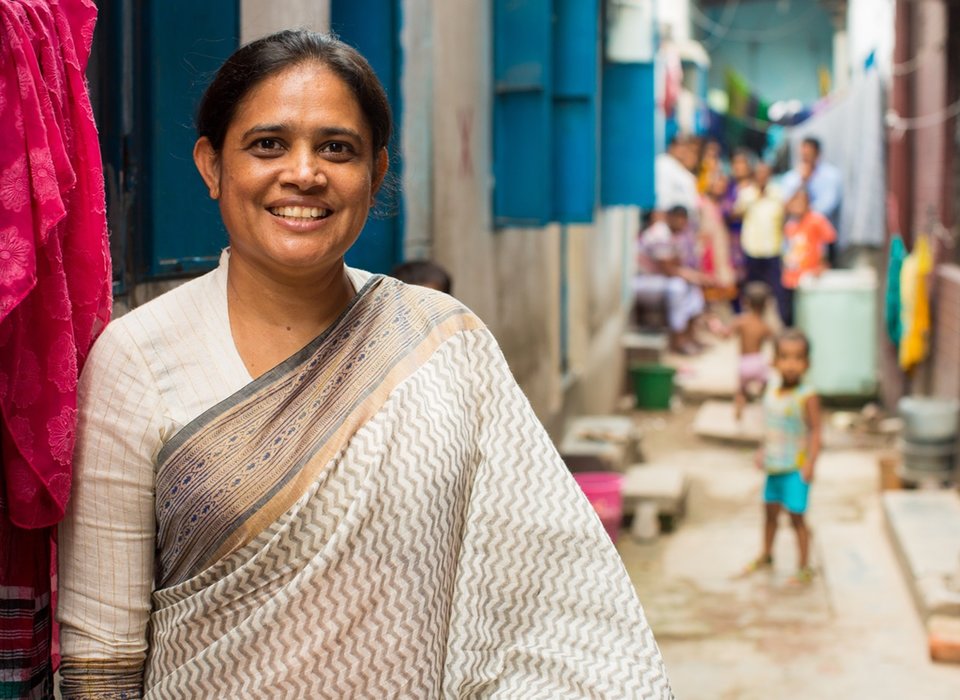
next steps
Regardless of the type of grant, we always start each partnership by co-designing the initiative with our partners and working out how we can best support them to be as effective as possible.
This holistic approach is how we make grant-making go further. We have developed the Organisational and Network Effectiveness (ONE) strategy to help our programme managers work with partners to identify their strengths and weaknesses. We have also created a new learning fund so that our partners can meet, share lessons learned and exchange knowledge.
Strengthening movements and building the capacity of civil society organisations will remain a key part of our approach to effect huge shifts in an entrenched system.
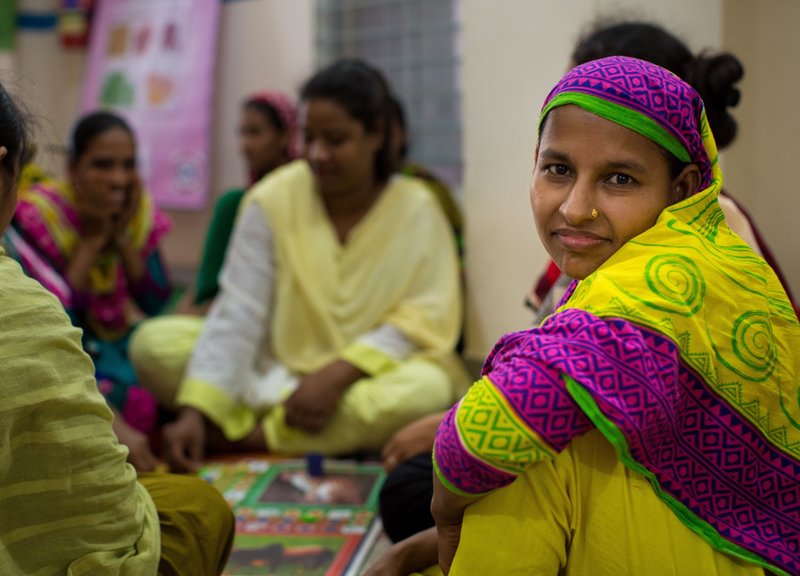
Awaj Foundation:
Providing stability through regular support
The UP! initiative is a community-based training programme, delivered by our partners Impactt and Awaj Foundation. Its aim is to support female Bangladeshi garment workers in learning the life skills that will help them take control of their family finances, live healthier and negotiate individually and collectively with supervisors and factory management.
Our continuing core support for Awaj Foundation has led to longer-term planning, improved communications and better governance processes. Awaj Foundation has also built its theory of change. Due to this strengthened capacity, our partner has been able to diversify its funding. This means that UP! has had positive impact, and Awaj Foundation can now better deliver on other initiatives that we haven’t funded ourselves.
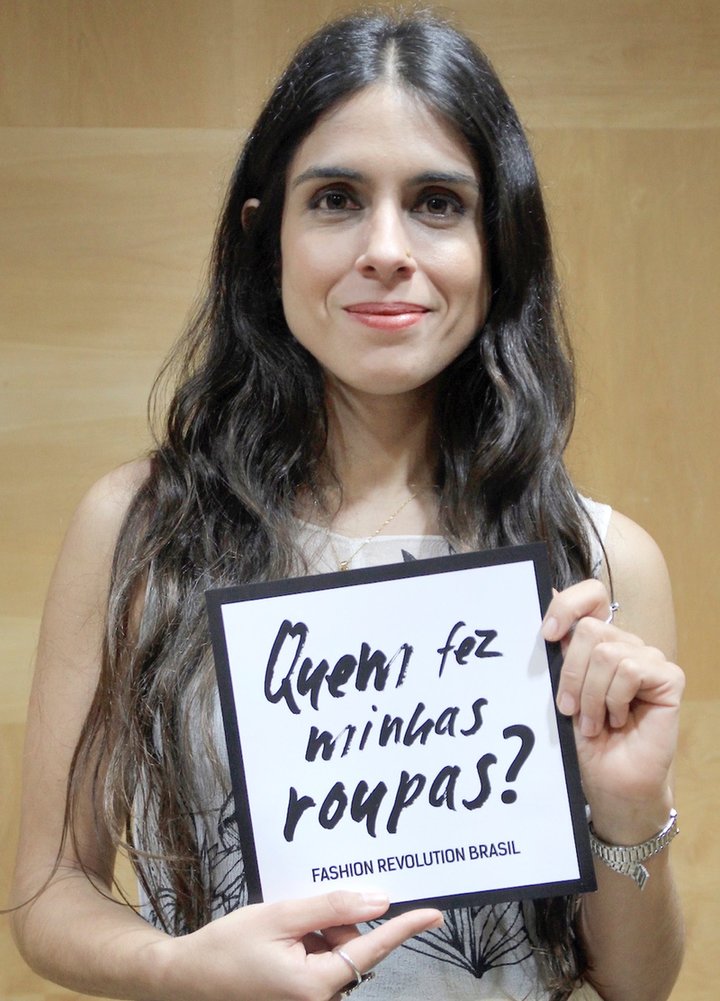
Fashion Revolution:
Building a volunteer campaign into a global organisation
Fashion Revolution is a global movement uniting people and organisations to work together to transform the way fashion is made and consumed. The strength and effectiveness of its communications, together with its ability to galvanise large numbers of volunteers around the world, makes Fashion Revolution a highly visible campaign reaching millions every year.
To help deepen its impact, we moved from campaign-specific funding to institutional support including fundraising, strategic planning, human resources, financial management and governance. All of this is to help Fashion Revolution transition from a volunteer campaign to a strong institution that can thrive on its own.
Year on year, Fashion Revolution has grown and strengthened the global movement for industry transparency. Consumer awareness and demand for transparency is increasing with 80% of 5,000 consumers surveyed in 2018 saying brands should disclose their manufacturers. And the number of brands being more transparent is increasing. In 2018, the number of brands publishing supplier lists increased to 83, up from 46 in 2017.
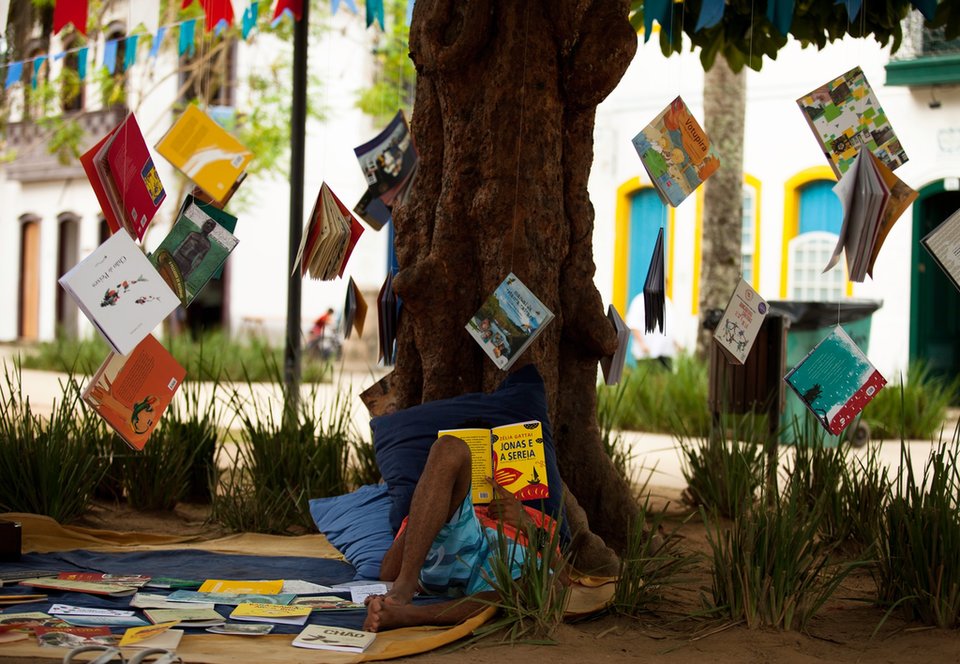
Legacy Project, Brazil:
Managing our transition out of a successful education programme
In 2015, when Instituto C&A, our Brazilian office, announced it would move away from funding education initiatives in line with the global foundation focus to transform the fashion industry, we created a legacy project to manage the transition.
Instituto partners were local organisations that had been highly dependent on our funding for 25 years. That’s why we offered a three-year exit period – something that’s not usually done in philanthropy – to ensure partners could transition and eventually continue their work without our support.
During this time, we continued to give our partners financial and non-financial support. We helped build strategic plans based on partners’ needs and created alliances and networks so that our partners could share knowledge and get in touch with potential new funders.
There have been some successes. For example, the Itau Social Foundation, the philanthropic unit of the largest private sector bank in Brazil, has started to fund all the public libraries that we were supporting. However, in the last year of the process, the government’s austerity measures came into play, which directly affected funding for health and education.
Unsurprisingly, our partners feel nervous about the future. But we are grateful that we have been able to help them be better prepared for this challenge.